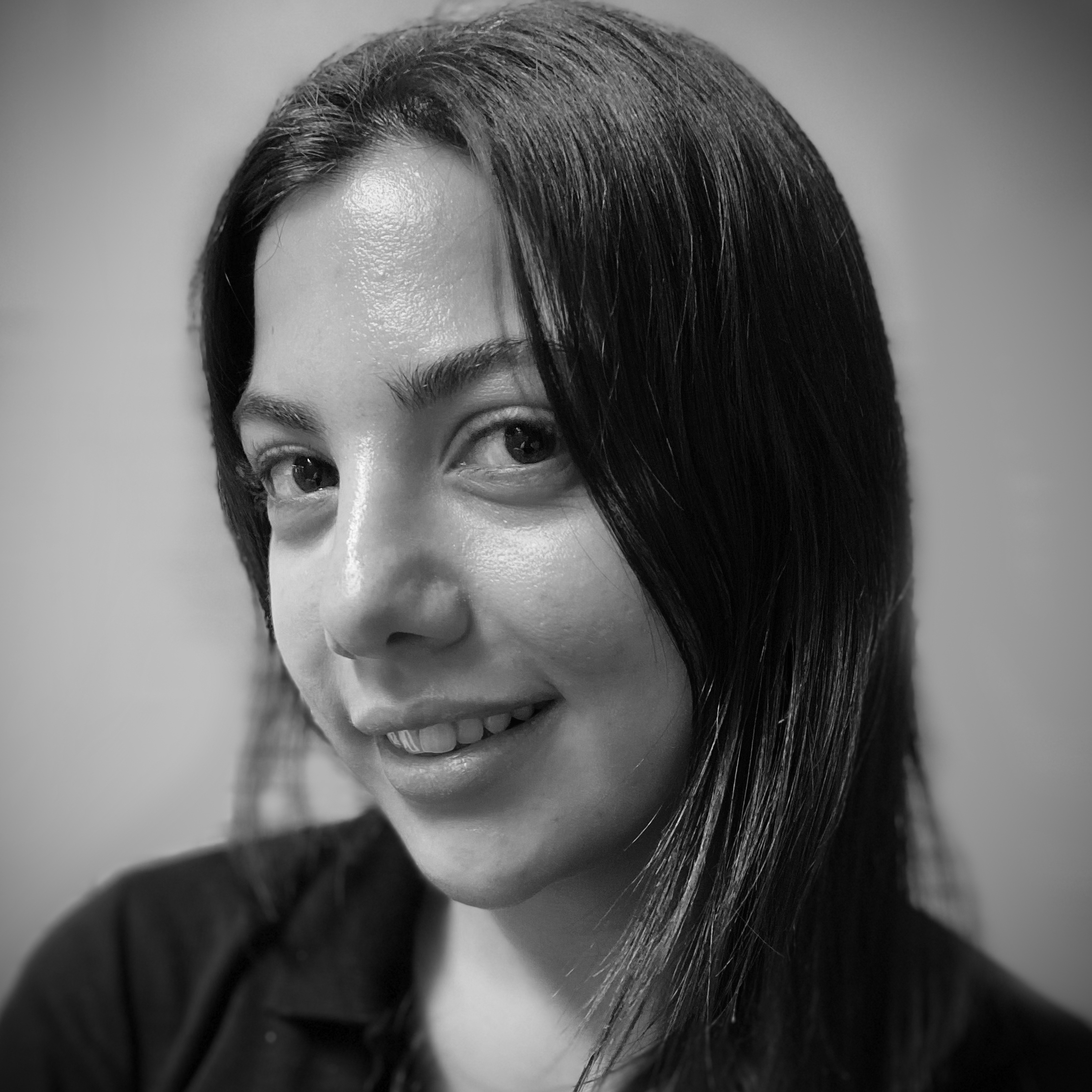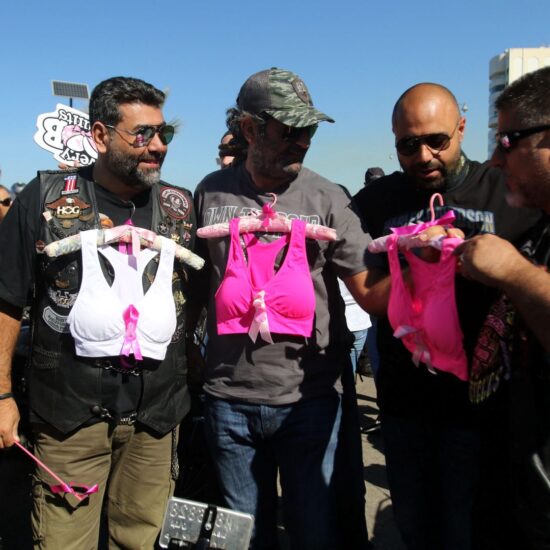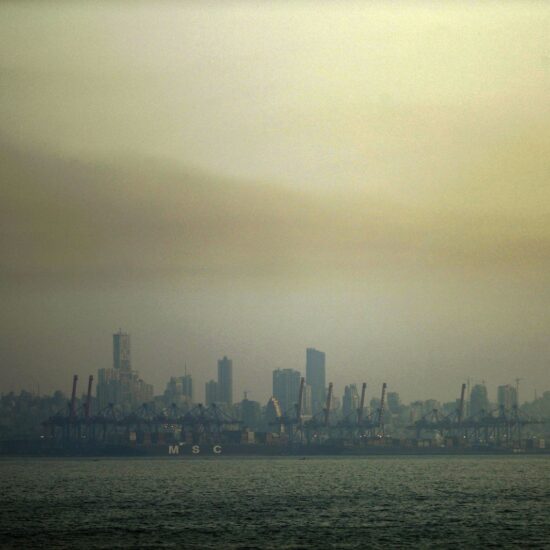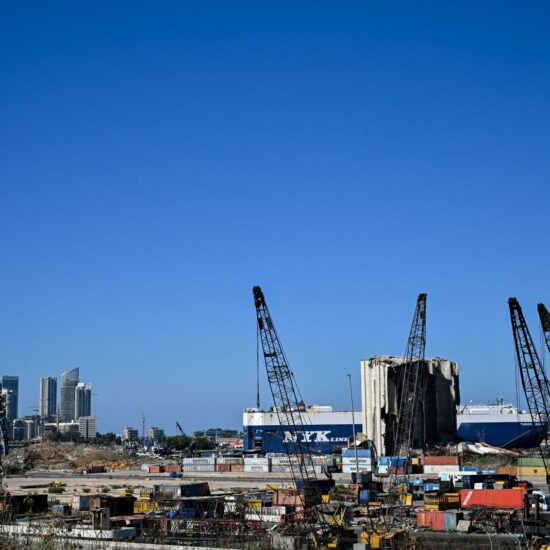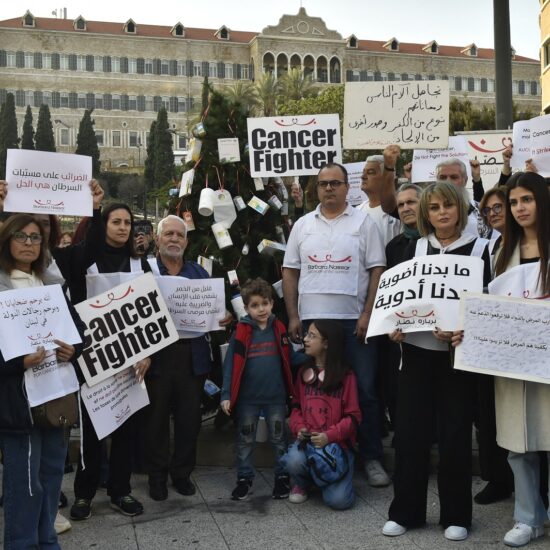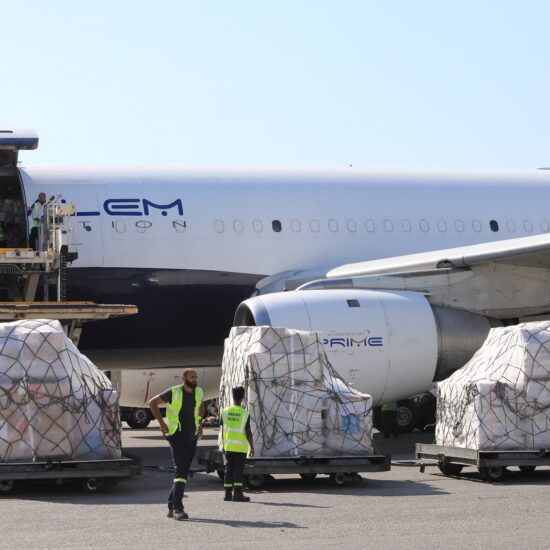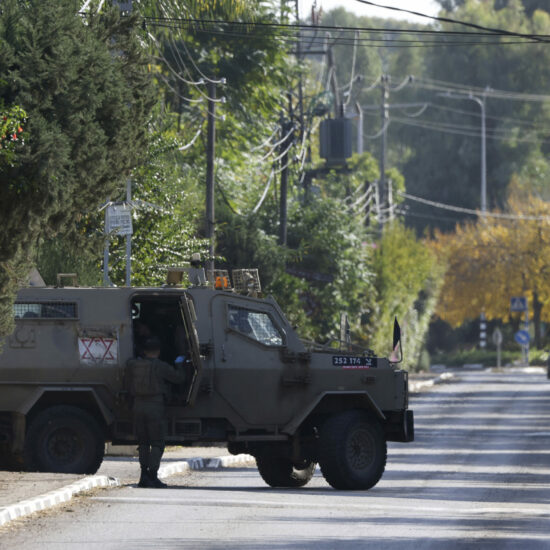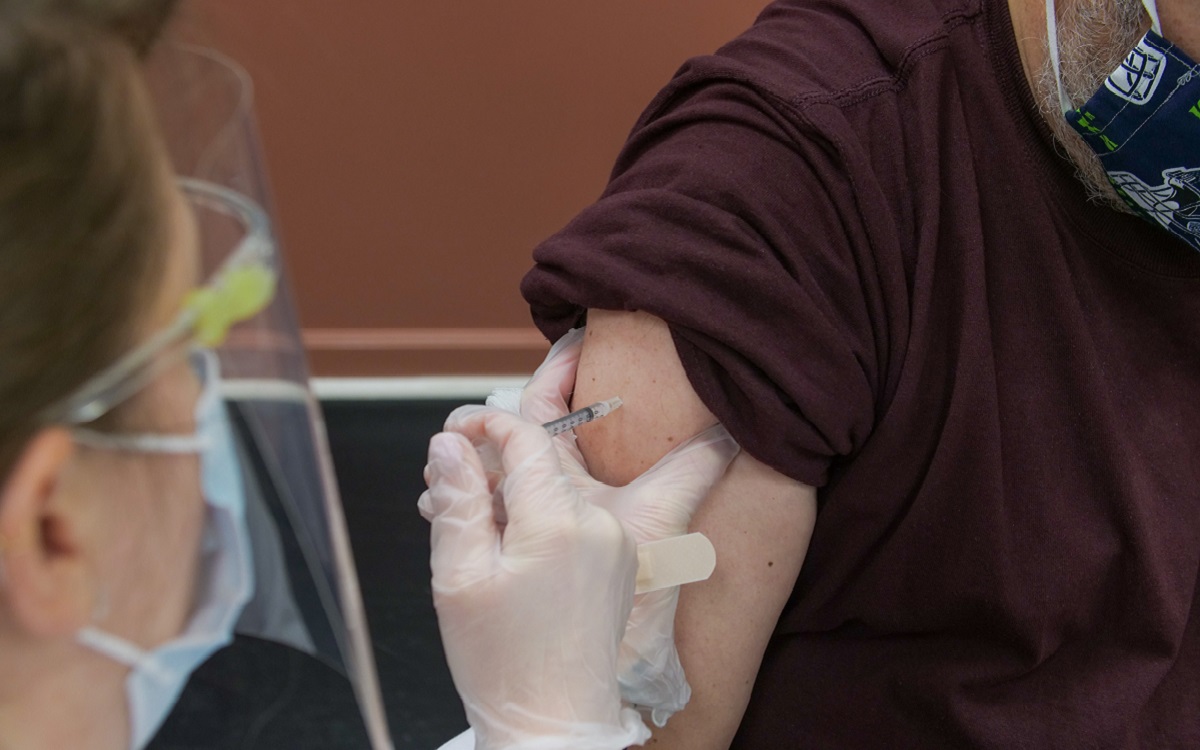
At the end of March, when news on the slow rollout of the COVID-19 vaccine in Lebanon was in the headlines and he was having concerns over the way the government managed the vaccination process, Bachir received an sms.
The message from a political party invited him to register for access to privately imported vaccines, together with his family, by calling an appointed manager.
Bachir says that he refused to take the offer because his loyalty was not for sale.
“They appear to be betting that a successful vaccination effort can persuade voters to forget about the corruption and the economic damage that they actually caused,” he told NOW.
With the 2022 elections approaching, some Lebanese politicians appear to be putting the vaccination drive at the center of their re-election campaign, launching an aggressive media blitz portraying themselves as almost single-handedly leading their communities or villages out of the pandemic. But some analysts in Beirut say that vaccines will not be enough to secure votes.
“The October 17 movement was sharp for attacking parliament, banks, politicians’ homes, bringing out salient corruption patterns in the public education system, media freedoms, health, environment but mainly corruption that uses violence to silence and burn down,” Carmen Geha, activist and associate professor of public administration at the American University of Beirut told NOW.
“People who have experienced the extreme corruption level of these politicians will not settle for vaccines given by them and will not fall for this manipulation,” she added. “They may save your lives, but they will take your dignity”.
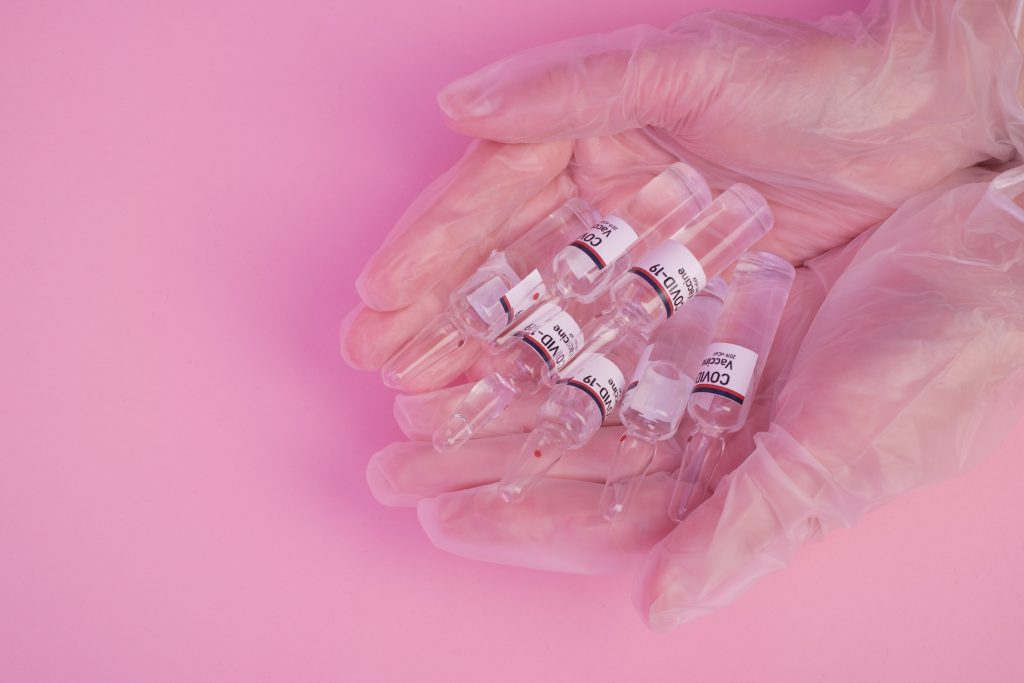
The race for the jabs
On March 26, one million doses of the Russian vaccine Sputnik V were brought to Lebanon under an agreement with the pharmaceutical company Pharmaline, owned by MP Jacques Sarraf, the Honorary Consul of the Russian federation to Lebanon. It marked the country’s first vaccine import by a private company, after months of negotiations with the Ministry of Public Health.
For some Lebanese politicians, the private sector’s vaccine batches arrived just in time.
Several MPs have stated that they are attempting to purchase vaccines privately in order to vaccinate their constituents.
Lebanese Forces MP Antoine Habchi announced that he is collaborating with the private sector to obtain Covid-19 vaccines for his constituents in Baalbeck – Hermel, and he invited those aged 55 to 74 to register at his offices.
Residents of Bcharre, North Lebanon, are also being registered by the Cedar’s Mountain Foundation, which is led by Lebanese Forces MP Sethrida Geagea.
“Up to this point, 700 people have received the vaccine at Antoine El-Khoury Maleka Touq-Bcharre Governmental Hospital, and they are continuing the campaign until the vaccination of all 2,300 people who applied,” Geagea tweeted.
Beirut MP Fouad Makhzoumi, founder of the National Dialogue Party, announced the purchase of 100,000 vaccines through his organization, the “Makhzoumi Foundation.” The foundation has denied accusations of politicizing the country’s vaccination program, claiming that the vaccine will be given to anyone in need, not just Makhzoumi’s electoral district residents.
Meanwhile, some political parties have set up their own vaccination system for the loyal members only communicating with chosen constituents by text messages, despite not making their plans public.
The government institutions supervising the vaccination process welcomed any private initiative.
“The private import initiative was welcomed as a means of expediting things,” Dr. Abdul Rahman Bizri, head of the committee supervising the Lebanese vaccine campaign, told NOW.
#NoWasta
Lebanon received its first batch of 28,000 doses of the Pfizer-BioNTech vaccine in February with aid from the World Bank and the international financial institution agreed to monitor Lebanon’s vaccine distribution to prevent favors or influence from being used to secure doses.
However, on February 21, 16 parliamentarians received the COVID-19 vaccine in the parliament building in Beirut, jumping the line and triggering an angry reaction from citizens across the country.
The World Bank’s regional director, Saroj Kumar Jha, said that would breach the national plan agreed for fair vaccination.
“Upon confirmation of violation, World Bank may suspend financing for vaccines and support for COVID19 response across Lebanon!!” he wrote on Twitter. “I appeal to all, I mean all, regardless of your position, to please register and wait for your turn.”
Soon after the incident the hashtag #NoWasta started trending on social media, with Lebanese showing anger at the politicians’ jumping the line and unconfirmed reports of various politicians intervening for their relatives to be vaccinated ahead of their time created more controversy.
#Lebanon’s #Covid_Vaccination; you said #NoWasta ??!? https://t.co/skrExC4SOh
— Joseph Bahout باحوط (@jobahout) February 23, 2021
Some experts believe the World Bank should exert more control over the way the Lebanese government is managing the vaccine rollout.
“While the World Bank remains silent about the government’s violation of its national plan, these events chip away at the hope many had of a fair rollout prioritizing those most vulnerable to severe illness and death due to Covid-19,” Sara Chang, a public health expert, told NOW.
Slowly, but not so surely
With the public vaccine rollout moving at a snail’s pace, it is unclear whether these political campaigns will resonate with the legions of voters who have lost their jobs and whose local currency has depreciated by 90 percent against the dollar, resulting in inflation and food and medicine shortages.
Based on data retrieved from the Ministry of Public Health, Lebanon has administered 363,858 vaccine doses; 1.86 percent of the population is fully vaccinated, 3.48 percent of the population is partially vaccinated, and 17.28 percent are registered.
According to the Minister of Public Health Hamad Hassan, Lebanon also received 50,000 doses of the Sinopharm vaccine donated by the Chinese Embassy. Hassan indicated that 30,000 doses would be assigned to the army and the rest to journalists and camera operators. An additional 750,000 doses of the Pfizer vaccine have been ordered for the private sector, with delivery expected in June.
Bizri told NOW that Lebanon is going through a crucial two months where the most significant problem will be if large quantities of vaccines do not arrive in time. “Hopefully we will be able to obtain them, and this will reduce the slow pace of the vaccination process due to the great scarcity of doses,” he explained.
As the total number of coronavirus cases hits 511,398 at the start of the week, Lebanon, one of the hardest-hit countries in the Middle East, may face an even more dire situation in the weeks and months ahead. Deaths in the country have continued to climb as the national death toll passed 6,959 on Tuesday.
“My fear as a public health professional is that continued government missteps and people’s increasing distrust of authorities will undermine the Covid-19 response and vaccine rollout. This would ultimately harm public health and risk recovery from the pandemic, as well as the other compounding crises facing the country,” Chang speculates.
Tala Ramadan is a multimedia journalist with @NOW_lrb. She tweets @TalaRamadan.


